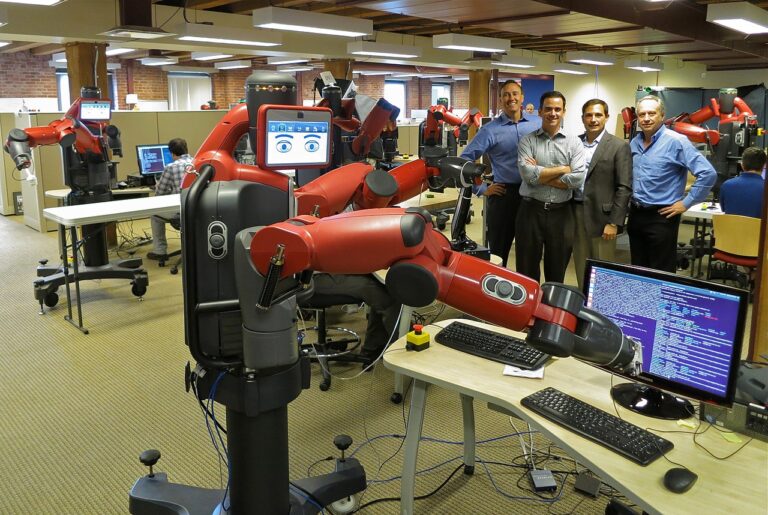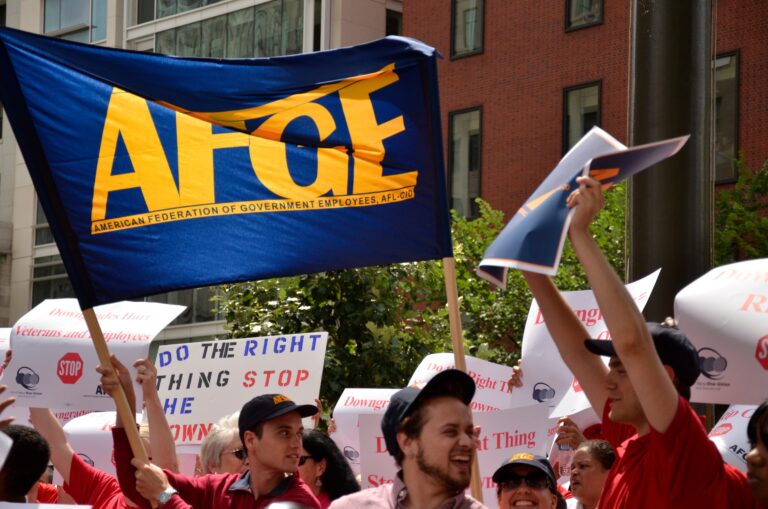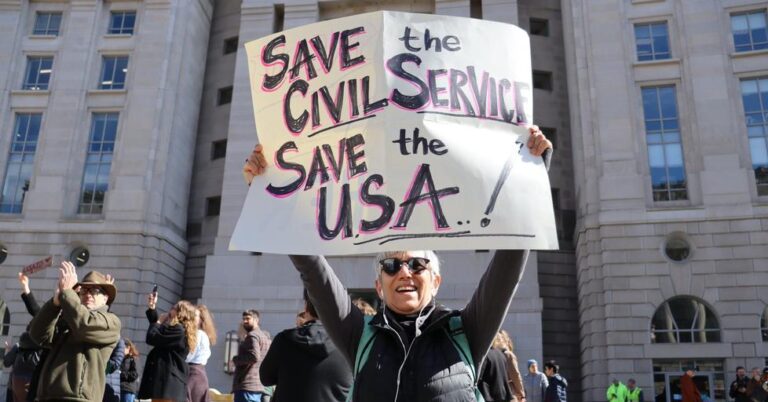The New York Times reports that, on Wednesday, the Supreme Court will hear arguments in Unite Here Local 355 v. Mulhall. The piece quotes Professor Sachs, who has observed that Mulhall is potentially “the most significant labor case in a generation.” OnLabor will have more coverage of the Mulhall case this week.
In international news, the Washington Post describes the continuing struggles of garment workers in Bangladesh. Today, thousands of workers demanding better wages threw rocks and sticks at clothing factories. Police clashed with the protestors, and ultimately used tear gas against them. At least 30 people were injured.
Meanwhile, the Wall Street Journal reports that violence erupted yesterday in Riyadh, Saudi Arabia as police arrested hundreds undocumented foreign workers. The arrests were part of a larger government plan to overhaul the Saudi labor market. Two people were killed and at least 68 were injured.
The Los Angeles Times discusses the conditions faced by workers on tomato farms in Sinaloa, Mexico. Many of these workers were recruited from villages in Mexico’s poorest states, and had few other options for employment. Critics of the farming operations say that the laborers work under conditions that are tantamount to indentured servitude.
On the opinion pages, Gen. James Jones and Dan Goldenberg of the Los Angeles Times observe that post-9/11 veterans face a grim employment picture: those ages 20 to 24 are 81% more likely to be unemployed than their non-veteran peers, while those ages 25 to 29 are 71% more likely to be unemployed than non-veterans. The piece suggests that we can improve veterans’ chances of obtaining meaningful civilian employment by working to debunk the “stubborn and misleading narrative that persists in the minds of many Americans: Every veteran is either a hero or damaged.”
Frank Keating of the Los Angeles Times explains that, from his perspective as a “Reagan Republican,” Americans should support immigration reform. He contends that the Senate’s immigration reform bill promises economic benefits and an opportunity to stand behind the American principle that it is “unconscionable to leave a class of neighbors who share our values in perpetual second-class status.”
Finally, in the Wall Street Journal, Peter Cappelli suggests that it may be unwise for students to obtain a highly technical college degree that prepares them for a narrow class of jobs. He explains that “nobody can predict where the jobs will be—not the employers, not the schools, not the government officials who are making such loud calls for vocational training.” As a result, students who develop job-specific skill sets run the risk that, in the future, their skills will not be in demand.






Daily News & Commentary
Start your day with our roundup of the latest labor developments. See all
December 5
Netflix set to acquire Warner Bros., Gen Z men are the most pro-union generation in history, and lawmakers introduce the “No Robot Bosses Act.”
December 4
Unionized journalists win arbitration concerning AI, Starbucks challenges two NLRB rulings in the Fifth Circuit, and Philadelphia transit workers resume contract negotiations.
December 3
The Trump administration seeks to appeal a federal judge’s order that protects the CBAs of employees within the federal workforce; the U.S. Department of Labor launches an initiative to investigate violations of the H-1B visa program; and a union files a petition to form a bargaining unit for employees at the Met.
December 2
Fourth Circuit rejects broad reading of NLRA’s managerial exception; OPM cancels reduced tuition program for federal employees; Starbucks will pay $39 million for violating New York City’s Fair Workweek law; Mamdani and Sanders join striking baristas outside a Brooklyn Starbucks.
December 1
California farmworkers defend state labor law, cities consider requiring companies to hire delivery drivers, Supreme Court takes FAA last-mile drivers case.
November 30
In today’s news and commentary, the MSPB issues its first precedential ruling since regaining a quorum; Amazon workers lead strikes and demonstrations in multiple countries; and Starbucks workers expand their indefinite strike to additional locations. Last week, the Merit Systems Protection Board (MSPB) released its first precedential decision in eight months. The MSPB had been […]